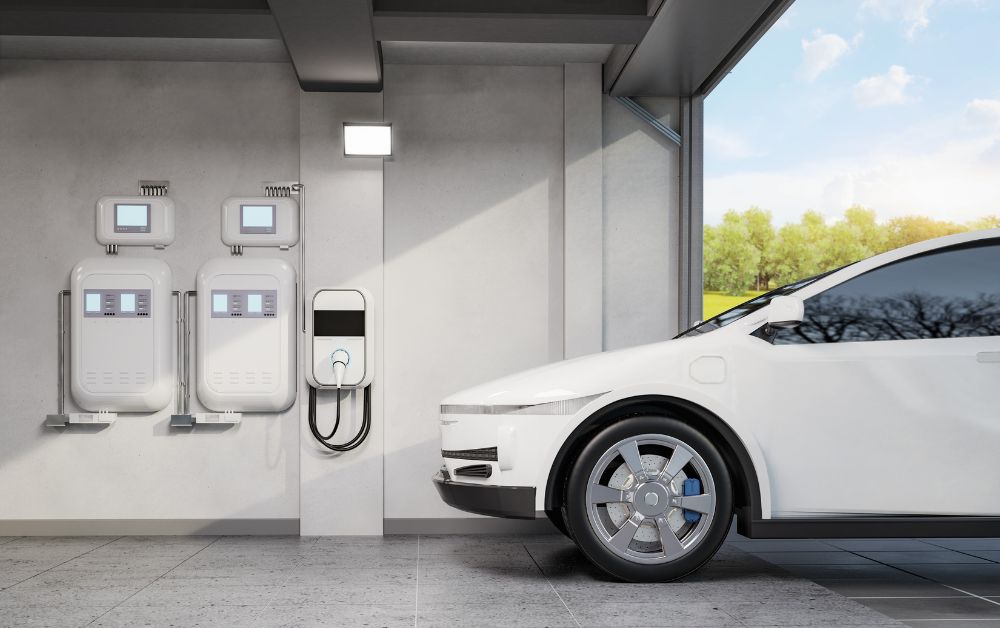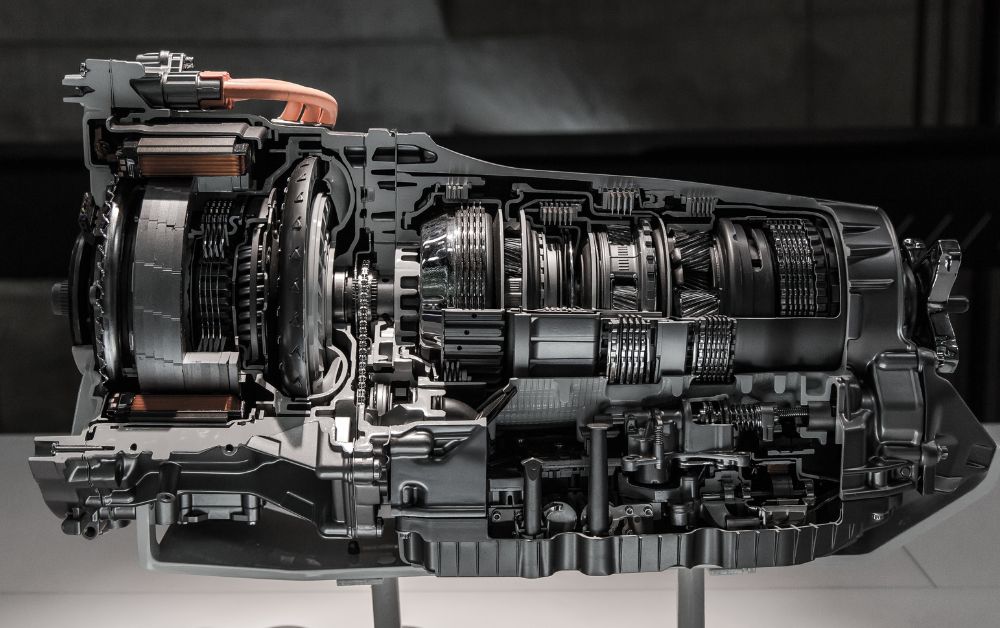In the ever-evolving landscape of automotive technology, the push for electric vehicle (EV) adoption has reached a pivotal juncture, with pickup trucks emerging as the next frontier. This seismic shift is not just a trend but a transformative movement poised to reshape the automotive industry. As we delve into this electrifying revolution, it’s evident that major players such as Ford and Rivian are leading the charge, and in 2024, General Motors and Ram are anticipated to join the ranks.
Meet Michael Laroche, a Sherbrooke, Quebec resident who traded in his Ford F-150 pickup truck for its electric counterpart, the F-150 Lightning, over a year ago. Laroche, whose daily routine involves covering 300 to 400 kilometers, asserts that the transition to an electric pickup has significantly slashed his operational costs. Charging his vehicle overnight for approximately 14 to 15 hours, Laroche emphasizes the economic benefits, with his monthly electric bill averaging $350, a substantial saving compared to the $450 weekly expenditure on gasoline, translating to a monthly fuel cost reduction of $1,400.
In line with global sustainability initiatives, the federal government has set ambitious targets for new vehicle sales, aiming for an electric-only transition by 2035, inclusive of pickup trucks. Despite limited options for Canadians in the electric truck market, currently comprising the F-150 Lightning and Rivian R1T, the landscape is poised for expansion as General Motors and Ram are slated to introduce their electric pickups in 2024.
Addressing the financial aspect, it’s noteworthy that the base price of the electric Lightning is approximately $14,000 higher than its internal-combustion counterpart. However, the long-term cost savings and environmental benefits are compelling factors that contribute to the appeal of electric pickups.
Louise Levesque, policy director with Electric Mobility Canada, highlights a common concern associated with electric pickup trucks — reduced range when undertaking heavier tasks like towing. The energy-intensive nature of these activities necessitates larger electrical charges, impacting the overall range of the vehicle. Mark Marmer, founder of Signature Electric, acknowledges this challenge and emphasizes the importance of strategic planning for EV pickup drivers, considering factors like load, charging infrastructure, and journey duration.
Laroche echoes these sentiments, acknowledging that towing a trailer accelerates the consumption of his pickup’s charge. While he can comfortably make a round trip of about 300 kilometers from Sherbrooke to Montreal without charging when driving without a trailer, the addition of a trailer requires a 20 to 25-minute pit stop at a fast charger.
Marmer sheds light on an interesting aspect of electric pickup trucks — the larger battery size doesn’t necessarily translate to extended range. The inherent design for heavy lifting demands more power, resulting in a proportional increase in battery consumption. Despite the potential challenges, Marmer emphasizes the reliability of electric pickups for commercial use, underscoring their simplicity in comparison to traditional gas or diesel vehicles.
Conclusion
In conclusion, the journey toward EV adoption, particularly in the realm of pickup trucks, is an exhilarating expedition into a cleaner, more sustainable automotive future. While challenges such as range limitations and higher upfront costs persist, the undeniable benefits in terms of reduced operational expenses, environmental impact, and reliability make electric pickups an enticing prospect for both individual and commercial users. As General Motors and Ram gear up to join the electric truck fray in 2024, the road ahead promises to be paved with innovation and transformative change.









